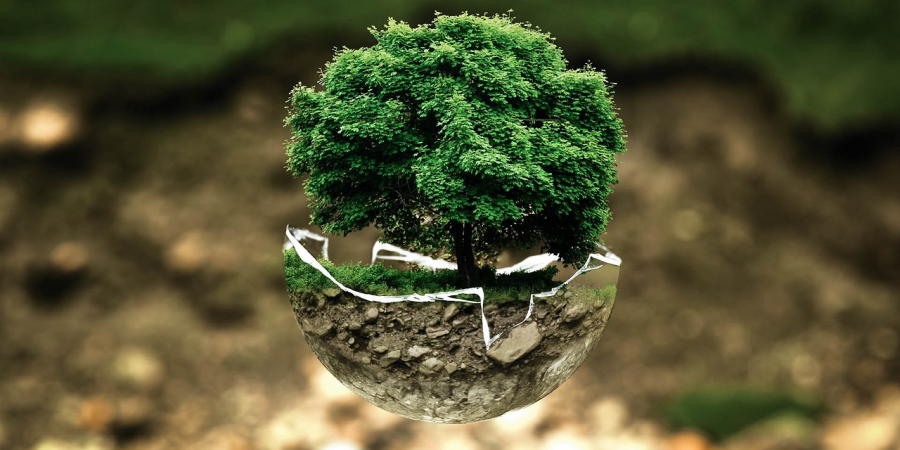

Today we'll look at a thought-provoking scenario: what if mankind suddenly vanished? Have you ever thought about how our towns, highways, and landscapes would alter after our absence? It's a fascinating concept that allows us to picture the Earth undergoing enormous alterations.
Consider a world in which cities disappear and motorways go dormant; nature would gradually regain control in astonishing ways. Join us on a journey of inquiry and creation as we study the various alterations that our planet may undergo in the absence of human influence.
a.Nature Takes Over🌳
In the absence of humans, nature would start to reclaim its territory. Plants would grow freely, spreading into urban areas. Streets, sidewalks, and buildings would become overgrown with weeds, grass, and trees. Over time, concrete and asphalt would crack and crumble, as roots pushed their way through. Iconic landmarks would be covered in vines, giving them an eerie, yet strangely beautiful appearance.
b.Wildlife Returns 🫏
With humans gone, animals would move into spaces they once avoided. Urban areas would see a resurgence of wildlife. Birds, squirrels, and other small animals would nest in abandoned buildings. Larger animals like deer, bears, and wolves might venture into city centers. With fewer threats from humans, endangered species could begin to recover, finding new habitats in the spaces we left behind.
c.Climate and Weather 🌨️
Without human activity, particularly the burning of fossil fuels, air pollution would drastically decrease. This would lead to cleaner skies and possibly a slight cooling of the Earth’s climate. However, the existing impacts of climate change, such as rising sea levels and altered weather patterns, would continue to unfold for a time. Over centuries, the Earth’s climate might gradually stabilize.
d.Oceans and Rivers 🌊
The oceans and rivers would also change without human interference. Marine life would thrive without overfishing and pollution. Coral reefs, currently threatened by human activities, could begin to recover. River ecosystems, free from dams and pollution, would flourish. Aquatic animals would repopulate areas they once inhabited in abundance.
e.Agricultural Land 🌆
Fields and farmlands would return to their natural state. Crops would die off without tending, and wild plants would take over. Forests and grasslands would reclaim these areas, increasing biodiversity. This rewilding would create new habitats for animals and plants, enhancing the ecological balance.

Imagining a world without humans offers an intriguing look at nature's persistence and adaptation. While our absence would allow natural processes to heal and restore equilibrium, it also shows the long-term impact humans have had—both in terms of environmental challenges and the lasting legacy of human ingenuity and creativity. This exercise teaches us about our connection to the natural world, as well as the need of developing sustainable behaviours to ensure a balanced and successful future for future generations.


